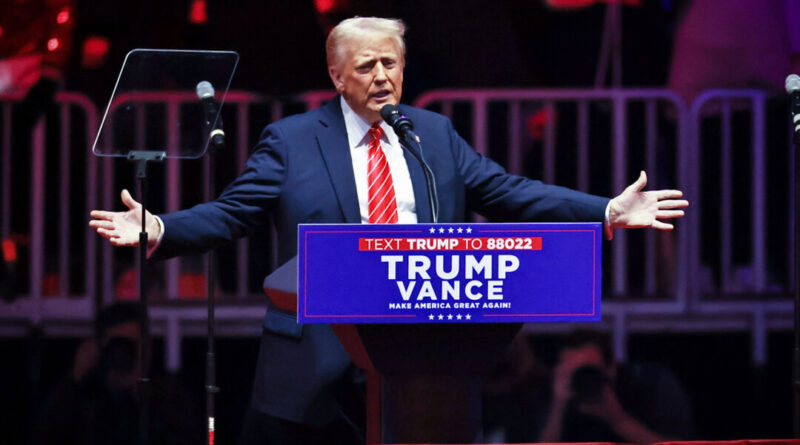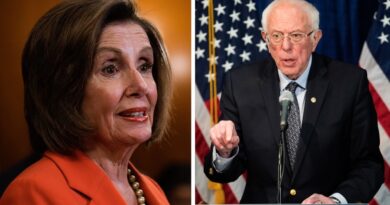Trump has contended that the agreement imposes a greater responsibility on the United States to reduce emissions while allowing other countries to continue polluting at elevated levels.
On January 20, following his inauguration as the 47th president, the White House announced that President Donald Trump will withdraw the United States from the Paris climate agreement.
This decision marks the second occasion Trump has exited the pact, which he has consistently described as “very unfair” to the United States.
The announcement was made in an official statement from the White House on Monday, coinciding with Trump’s swearing-in for a second term. Early in his first term, Trump had declared that he would terminate U.S. involvement in the
climate agreement, but due to the treaty’s complicated regulations, the withdrawal didn’t take effect until November 4, 2020, the day after that year’s presidential election.
Trump has previously asserted that the treaty places a disproportionate burden on America to slash emissions while permitting other nations to pollute without penalties.
“The Paris Accord would’ve been a massive transfer of American wealth to countries that are responsible for most of the world’s pollution,” Trump
stated in October 2019. “The Paris Accord would’ve imposed excessive regulatory restrictions on American producers, while allowing foreign producers to pollute freely.”
On his first day in office, January 20, 2021, President Joe Biden
submitted an instrument to reintegrate the United States into the Paris climate deal. Approximately a month later, Biden
signed an acceptance agreement that officially restored the United States’ status in the pact, pledging to “combat climate change more vigorously than ever before.”
Biden has prioritized climate action during his administration, establishing a target of reducing greenhouse gas emissions by 50 percent by 2030, which was updated in December 2024 to aim for a reduction of between 61 percent and 66 percent by 2035.
“I’m proud that my administration is executing the most ambitious climate agenda in American history,” Biden remarked in a
video message.
While campaigning in February 2023, Trump
promised to re-exit the climate pact and to revoke many of Biden’s energy policies, which he claimed harmed U.S. energy security.
According to Trump, Biden’s policies have inflated domestic energy costs, adversely affecting American families by exacerbating inflation while benefiting competitors like China. Trump emphasized that the Chinese government “agrees to every foolish globalist climate agreement and then promptly violates it.”
Once he was inaugurated on January 20, 2025, the White House issued a statement delineating Trump’s priorities for his second term.
“The President will revitalize American energy by abolishing Biden’s climate extremism policies, expediting permitting processes, and reviewing all regulations that impose excessive burdens on energy production and usage, encompassing mining and processing of non-fuel minerals,” the
statement declared.
It remains uncertain when the Trump administration will officially inform the United Nations climate organization regarding its intention to withdraw from the Paris climate pact.




